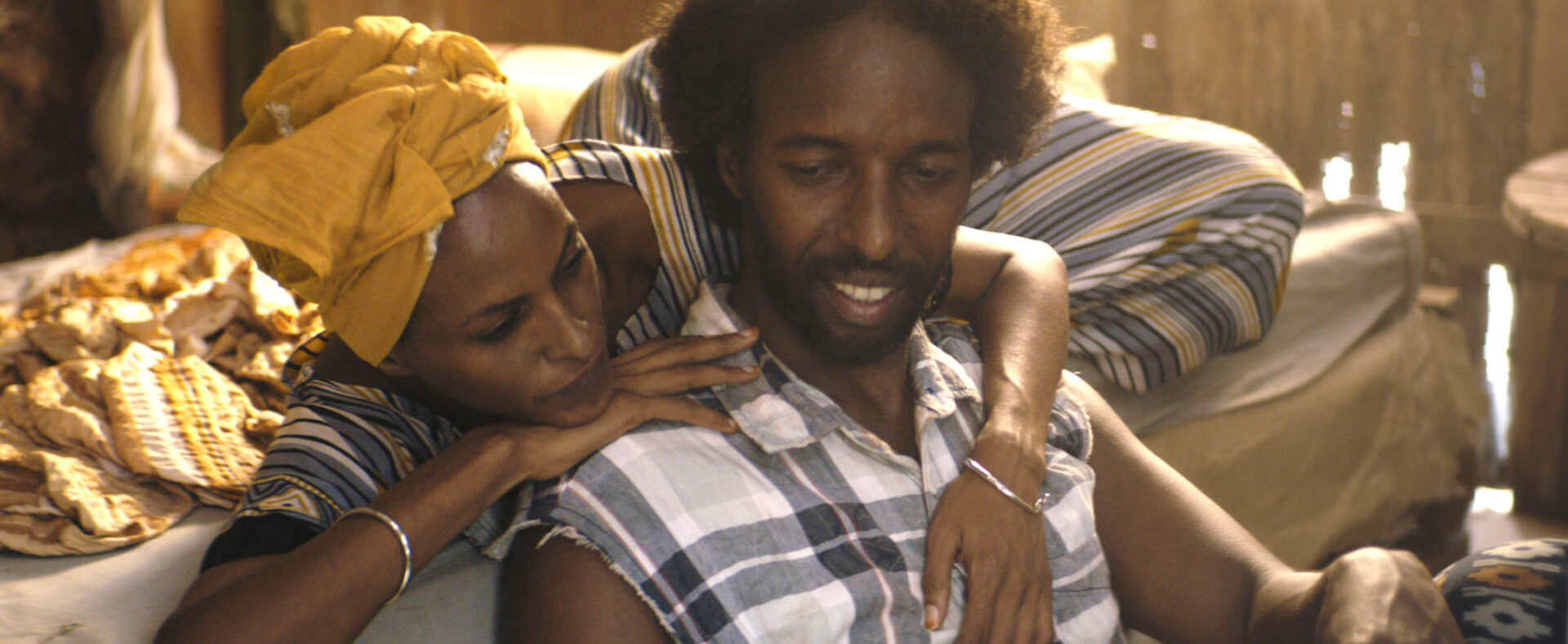WRITTEN BY: Annika Pham
The Finnish Gala of The Gravedigger’s Wife by Khadar Ayderus Ahmed sets the tone for the 34th Helsinki International Film Festival under the themes of diversity and quality.

The Finnish Gala of The Gravedigger’s Wife by Khadar Ayderus Ahmed sets the tone for the 34th Helsinki International Film Festival under the themes of diversity and quality.
Helsinki’s biggest film festival headed by executive director Anna Möttöla opened its doors September 16 for some of the best of the fest movies and discoveries from around the world, with 280 films and 600 screenings in selected local cinemas until September 26. As many as 129 films are directed by female or non-binary filmmakers.
Due to Covid-19 and social distancing in cinemas, screen capacity will be halved, but adjustments to restrictions from the regional State Administrative Agency for Southern Finland, means that the festive mood will prevail, and several international directors will be on hand to present their films.
Those include the Swedish director Ninja Thyberg of Pleasure fame, with her main actress Sofia Kappel, and Icelandic director Kristín Jóhannesdóttir, who will present her film Alma, as part of a festival section dedicated to the 2021 Nordic Council Film Prize nominees.
Other high-profile movies on the programme include Leos Carax’s musical Annette, which opened Love & Anarchy on Thursday, and the closing film Bergman’s Island by Mia Hansen-Løve, two titles that competed in Cannes.
Meanwhile Khadar Ayderus Ahmed’s The Gravedigger’s Wife which world premiered successfully at the Cannes Critics Week will feature prominently at Love & Anarchy as Finnish Gala selection and opener of the Finnish Film Affair industry sidebar. The first entirely Somali-language Finnish film and first Finnish film shot in Somalia is showcased in collaboration with the Helsinki based collective Ubuntu Film Club, which organises monthly film screenings and panel discussions on representation in the Finnish capital.
The Ubuntu Film Club, Think Africa, the embassies of Morocco, Tunisia and the National Audiovisual Institute have teamed up this year to present the ‘African Express’ strand, offering a range of movies from African countries and to showcase the diversity of African voices and talents.
”We think it’s extremely important to bring attention to African countries and films, as they have been overshadowed due to the modest resources of the local film industry,” said Pekka Laverna, artistic director at the Helsinki International Film Festival. “The term ‘African Cinema’ is based on geography, but the continent encompasses a vast array of different cultures and traditions. This rich diversity is what we want to address with the African Express selection.”
Ubuntu Film Club’s founders Fiona Musanga, Rewina Teklai and Alice Mutoni said ‘African Express’ means a lot to them. “It’s like homecoming through the screen to us and to many others that are part of the African Diaspora in Finland. It’s empowering to see African stories told by Africans. Stories about people like us, about humanity, care and love,” they said.
The florilege of 12 top movies from celebrated African directors range from Youssef Chahine’s Cairo Station (Egypt, 1958), Ousmane Sembène’s Black Girl (Senegal, 1966), Laila Marrakchi’s Rock the Casbah (Morocco, 2013), Sam Soko’s Softie (Kenya, 2020), to Ousmane Samassekou’s The Last Shelter (Mali/France/South Africa, 2021).
Other festival highlights include masterclasses with Hong-Kong filmmaker Stanley Kwan and Romanian director Radu Jude behind the Golden Bear winner Bad Luck Banging, who will both attend the festival as online guests.
The festival’s adjoining industry event Finnish Film Affair held September 22-24 will be celebrating its 10th anniversary.
For the full festival programme, check: www.hiff.fi